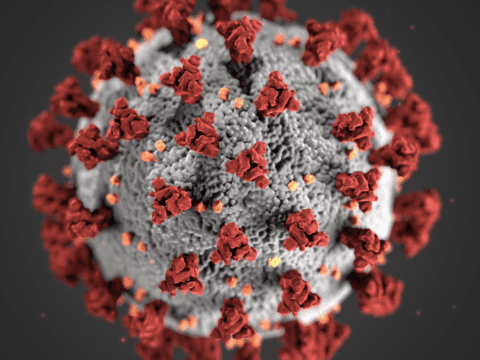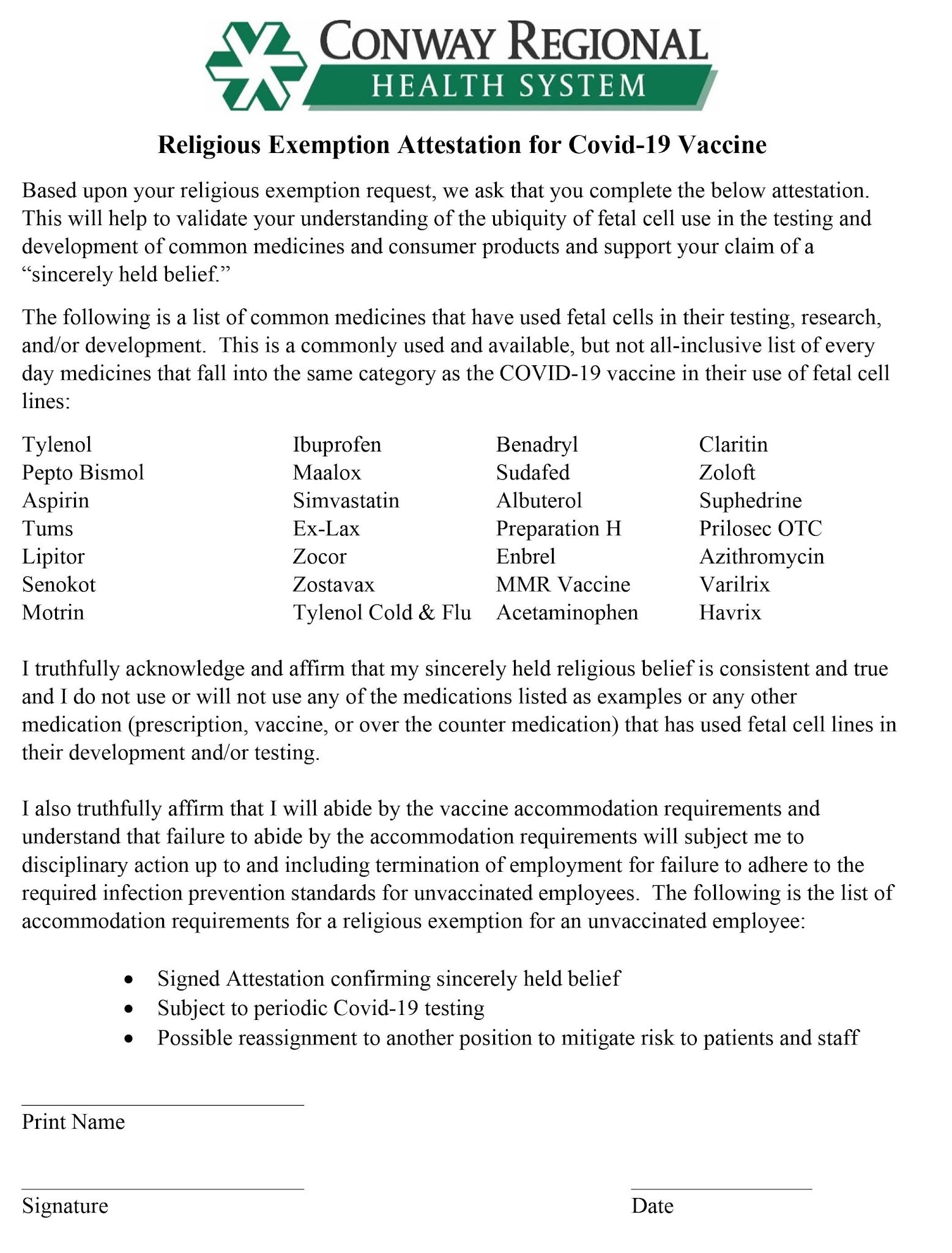What some people may have viewed as just a normal outbreak of flu is beginning to cause alarm on a global scale, especially here in Asia. For those who recall the SARS virus outbreak around 2003, the Wuhan version of the Coronavirus may be much more serious since it may be able to spread from an infected person before symptoms show. But it may not be more serious in the end — there is so much we don’t know still, and some information has been rather hard to get. Not blaming any governments here, mind you, just noting that the uncertainty is intensifying fear and driving panic. Lots of panic and anguish in China. I worry for the locked down cities where they may be shortages not only of medical supplies but of food and water.
For members of the Church in China, an unfortunate issue is not being able to hold regular Sunday meetings until this storm calms down. But ministering can and must continue to occur. Some members don’t have the face masks they now need, so that’s one service opportunity for those who wisely had a good supply. Face masks capable of preventing transmission of airborne viruses ought to be part of your emergency supplies.
Sadly, this epidemic broke out right before the mass exodus of the Chinese New Year occurred, when over 1 billion trips take place in a short period of time, the most travel intense period in history. Infected people may have spread across the country and beyond,. While dramatic and unprecedented measures are being taken by the Chinese government to contain it, there may be many surprises and sorrows yet to come. Many people are blaming various entities, and some heads will roll, but the efforts now being taken in China and elsewhere to cope may do much to get things back to normal.
My sympathy to the 60 million or more who are stranded, unable to leave cities like Wuhan (twice the population of New York City!) that are now being locked down. Many Chinese people and some foreigners are unable to get home. Some needing medical help may not receive the care they wish they had. It’s a very disturbing time for many in China.
As I write, I’m in Vietnam and was fortunate to arrive here with my wife, where we arrived before the start of the Chinese New Year holiday, well before the Corona virus became so alarming. Our flights back to Shanghai were cancelled yesterday, but fortunately, we had already decided it was too risky to return to China now, so I and my wife spent most of the day on Tuesday on the phone and online dealing with airlines, travel services, hotels, rental cars, etc., to avoid a return to China and instead to leave early to the US for my upcoming business travel there.
We were caught off guard by the rapid explosion of the virus and wish we had been better prepared for a possibly extended, unplanned stay away from our apartment in Shanghai, though we have been fortunate in having already been out of the country when the crisis occurred and even more fortunate to be able to go to the US with enough time out of China to not need a self-imposed (or government-imposed) quarantine to reduce the risk of bringing the virus back to the States.
Through this process and through observations of some of the dynamics of life in Asia, there are a few survival tips I wish to share for others in Asia or coming to Asia or traveling anywhere where significant outbreaks of the virus are occurring. One might also contemplate how an outbreak of war natural disasters, etc., might affect you as well.
First, some questions.
1. Are you prepared if the city you happen to be in while traveling or living in is struck with an epidemic? Are you prepared with materials to reduce your risk of being infected and to reduce the risk of infecting others if you are able to leave the area?
2. Are you prepared to be stuck in a city with a lot of sick people for an extended and undesired long period of time?
3. If traveling away from home, are you prepared if you cannot return home for a period of time?
4. If you are an expat living in Asia and suddenly find you cannot return to your home or apartment while traveling, are you prepared?
With those questions in mind, rethink how you pack and travel when trouble is brewing. You may end up regretting the convenience of traveling light with a small bag rather than having a checked bag plus your carry on, for that checked bag you didn’t bring could have contained vital materials in case you end up being stuck somewhere or having to return to your home country. You may wish to focus on vital things like precious documents, hard drives, clothing, journals, face masks, medicines, etc. Documents — how often do you think about that when you travel? But now as I think what I would have packed if I knew I might be away from China for many weeks or months, documents like tax records, birth certificates, and our marriage license are on the list, along with a couple more books and some more clothing. (Having electronic scanned versions of tax records and other documents is always a good idea, and we are mostly OK there but still have some gaps.)
A rising pandemic can result in entire cities being locked down, as has happened to 60 million people in China in the past few days. All travel out of these cities, whether by planes, buses, trains, automobiles, etc., has been blocked. For how long? Nobody knows. You don’t want to be caught in this situation. But if it happens, are you prepared? Do you want to be trapped in a city with lots of sick people if you don’t have a face mask to reduce the risk of infection? I recommend you travel with face masks capable of stopping viruses carried by aerosol from sneezing and coughing people. Add some hand sanitizer. Don’t think you can just buy them when you need them. A bar or two of soap might be helpful. Bring more cash than normal but pay attention to limits for carried cash when crossing borders. Visitors in some places may find that their ATM cards don’t work, as I have seen happen to many expats from China when they visited Macau or other nations. One European I met on an airplane had to borrow cash from me just to get started with a taxi (he was able to pay me back electronically with WeChat, but he felt so awkward asking for the help, having been caught completely unprepared when it came to cash on hand). Bring plenty of cash, always.
If you are at home when a crisis strikes, be prepared there especially. Food storage is always a smart idea. When pandemic fears strike, grocery stores are quickly wiped out. Drivers might not be willing to risk bringing food in. If there were a crisis and no food could be bought for, say, two or three weeks, will you be able to survive? Will you be able to help others? Do you have reserves of food, water, and sanitation supplies. Toilet paper, paper towels, disposable gloves, plastic bags, cleaning supplies, rags or towels, etc., can be precious in times of disease.
When making travel plans in crazy times, I have a few more suggestions. I’m surprised at the quality control problems I’ve encountered in customer service. On Delta Airlines, an agent we spent a lot of time with said we were all set after she took our credit card number and said my tickets were good to go. Only later that day when I had to call again to make more changes did I learn that that first agent had only entered the itinerary but had not completed the purchase and we had nothing. I had received an update from Delta by email with my new itinerary, but it was not a receipt. That email made me think all was good, even though it said it was not a receipt and if I had not yet paid, please do so. But I had paid, so I thought, and I figured all was well. Had I not made that second call (with roughly a 30 minute wait time), I would have gone to the airport later to take my flight and been shocked to learn I had nothing, and may have been stranded in Vietnam for a while longer.
With modern airlines, don’t trust, don’t assume anything, don’t believe what they tell you. I received wrong information from two different agents and it was only when I suspected that they didn’t know what they were talking about and asked to speak with a supervisor that I was able to resolve problems. Be polite, but assume the person you are speaking with may make mistakes, so ask lots of questions, ask how you can know the purchase when through, ask for names and confirmation numbers and so forth. Annoying, I know.
While living in hotels in Vietnam and worrying about the virus, I’ve been paying much more attention to possible routes of transmission. When a delightful smoothie was prepared by and then brought to me by a waiter who then sneezed a few seconds after he put it on our table, I was ready to just pay and walk out without eating anything. But the hot food was made by and brought to us by someone else, so we ate that but skipped the smoothies, so we ate that.
Beware Buffets: A Weak Link in Public Safety
I think one of the weak links for public safety while traveling are buffet meals, such as the ubiquitous breakfast buffet and certainly dinner buffets. Two friends of our from Taiwan met up with us in Hanoi and invited us to join them for dinner at a lovely buffet in a 5-star hotel. We don’t like buffets because the food often tends to be substandard or cold and our goal is not to eat a lot, but maybe just a small amount of something tasty. But we went and enjoyed our time, though I couldn’t help but notice some troubling details. One small boy in trying to get some fruit salad spilled some on the counter top. He used his hands to scoop it up and put it back in the bowl. Then he coughed on the food. This kind of thing happens in every country and every buffet if you watch closely. For a small breakfast buffet, this can be managed by going early before the families with small children arrive. That’s what we did this morning. Moments after we arrived, an English-speaking family came in. The child didn’t run around touching food — he was fine, but the father had a bad cold. When my toast popped up while I was away for a moment, the father picked it up with his hands and set the bread back in the bread tray so he could put two slices of bread in the toaster. He kindly told me what he had done to help out. I smiled, said thanks, took my tainted toast and, of course, did not eat it.
Bring Face Masks
We’ll be wearing surgical face masks on our flights from Hanoi to the US to reduce risks. Bringing face masks is a good idea, though they can be annoying to use. But when there’s an epidemic, they can be essential.
There are a variety of other tips. For example, National Geographic points out that window seats may be safer than aisle seats (bad news for me, good news for my wife), offering reduced exposure to other passengers. But wearing a face mask in any case makes sense at this time. Just keeping your immune system strong with adequate rest and good nutrition is also smart.
Any other tips for travel and survival in times of crisis that you wish to share?
Update: Troubling new clinical information on the Wuhan Coronavirus is discussed on a later post, “Updates on the Wuhan Coronavirus.”












Please don't call this a flu virus. It is a coronavirus, thanks!
Sorry, here in Asia a number of headlines have called it "Wuhan flu" (e.g., Singapore's Straits Times, etc.). But I'll fix the title to be more correct.
Glad to hear you and your wife are ok, and so fortunate that you were out of country. I'd been wondering if you would post about this situation. My husband met you while visiting Shanghai several years ago. He may be traveling to S. Korea soon, if corona virus does not change his plans. Thanks for the tips and important things to remember and be prepared for. Safe travels!